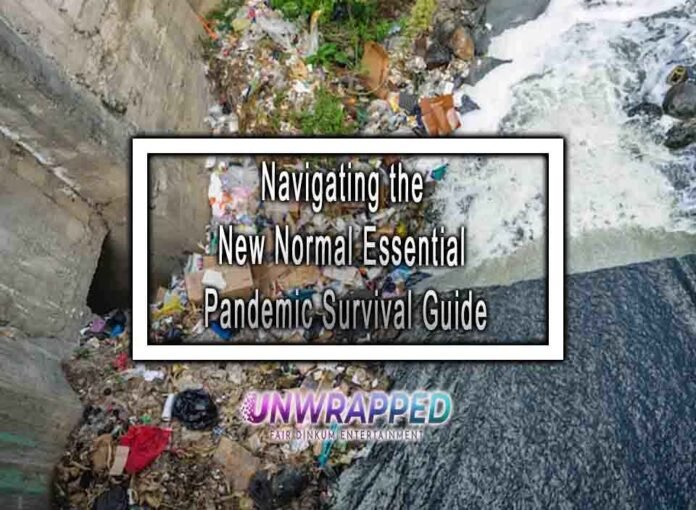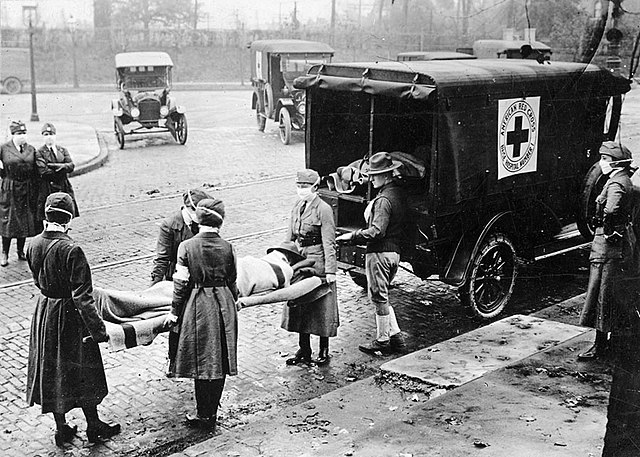Navigating the “new normal” during and after a pandemic involves adapting to changes in various aspects of life, including health, work, and social interactions. While circumstances may vary, here’s a survival guide to help you navigate the challenges associated with the new normal:
1. Health and Safety:
- Follow Public Health Guidelines:
- Stay informed about the latest guidelines from health authorities and follow recommended practices such as wearing masks, practicing physical distancing, and washing hands regularly.

- Stay informed about the latest guidelines from health authorities and follow recommended practices such as wearing masks, practicing physical distancing, and washing hands regularly.
- Vaccination:
- Stay up-to-date on vaccination recommendations and schedule your vaccinations to protect yourself and others from severe illness.
- Healthy Lifestyle:
- Prioritize a healthy lifestyle with regular exercise, a balanced diet, and sufficient sleep to support overall well-being.
2. Work and Education:
- Remote Work:
- If applicable, adapt to remote work arrangements by creating a designated workspace, maintaining a routine, and staying connected with colleagues through virtual platforms.
- Flexible Learning:
- If you’re a student, adapt to flexible learning formats and utilize online resources for effective remote education.
- Adaptable Career Skills:
- Enhance your skills to remain adaptable in the evolving job market. Consider online courses and certifications to stay competitive.
3. Financial Resilience:
- Emergency Fund:
- Build and maintain an emergency fund to cope with unexpected financial challenges.
- Budgeting:
- Review and adjust your budget based on changing circumstances, focusing on essential expenses.
- Explore New Income Streams:
- Consider exploring additional income streams, such as freelancing or a side business, to diversify your sources of income.
4. Mental Health and Well-being:
- Self-Care Practices:
- Prioritize self-care with activities that bring you joy, relaxation, and emotional well-being.
- Seek Support:
- Reach out to friends, family, or mental health professionals if you need emotional support or guidance.
- Mindfulness and Stress Reduction:
- Practice mindfulness, meditation, or other stress-reducing techniques to manage anxiety and uncertainty.
5. Social Connections:
- Virtual Socializing:
- Stay connected with friends and family through virtual means, such as video calls and online gatherings.
- Community Engagement:
- Engage with local or online communities to foster a sense of connection and mutual support.
- Balancing Social Interactions:
- Find a balance between virtual and in-person interactions based on your comfort level and local health guidelines.
6. Travel and Leisure:
- Safe Travel Practices:
- If traveling, follow safety guidelines, be aware of travel restrictions, and prioritize your health and the health of others.
- Local Exploration:
- Explore local attractions and activities as an alternative to long-distance travel.
- Adapt Leisure Activities:
- Find new ways to enjoy leisure activities, such as outdoor pursuits, hobbies, or creative endeavors.
7. Future Preparedness:
- Emergency Preparedness:
- Develop or update emergency plans for your household, including provisions for health emergencies.
- Skill Development:
- Invest in acquiring new skills that align with emerging trends and future needs.
- Continuous Learning:
- Foster a mindset of continuous learning and adaptability to navigate future uncertainties.
8. Stay Informed:
- Reliable Information Sources:
- Rely on trustworthy sources for information and stay informed about local and global developments.
- Adapt to Changes:
- Be adaptable and open to changes, as the situation may evolve, and flexibility is key to navigating uncertainties.
- Critical Thinking:
- Develop critical thinking skills to assess information and make informed decisions in rapidly changing situations.
Navigating the new normal requires resilience, adaptability, and a proactive approach to personal and collective well-being. By incorporating these strategies into your daily life, you can enhance your ability to thrive in the face of ongoing challenges and uncertainties.












